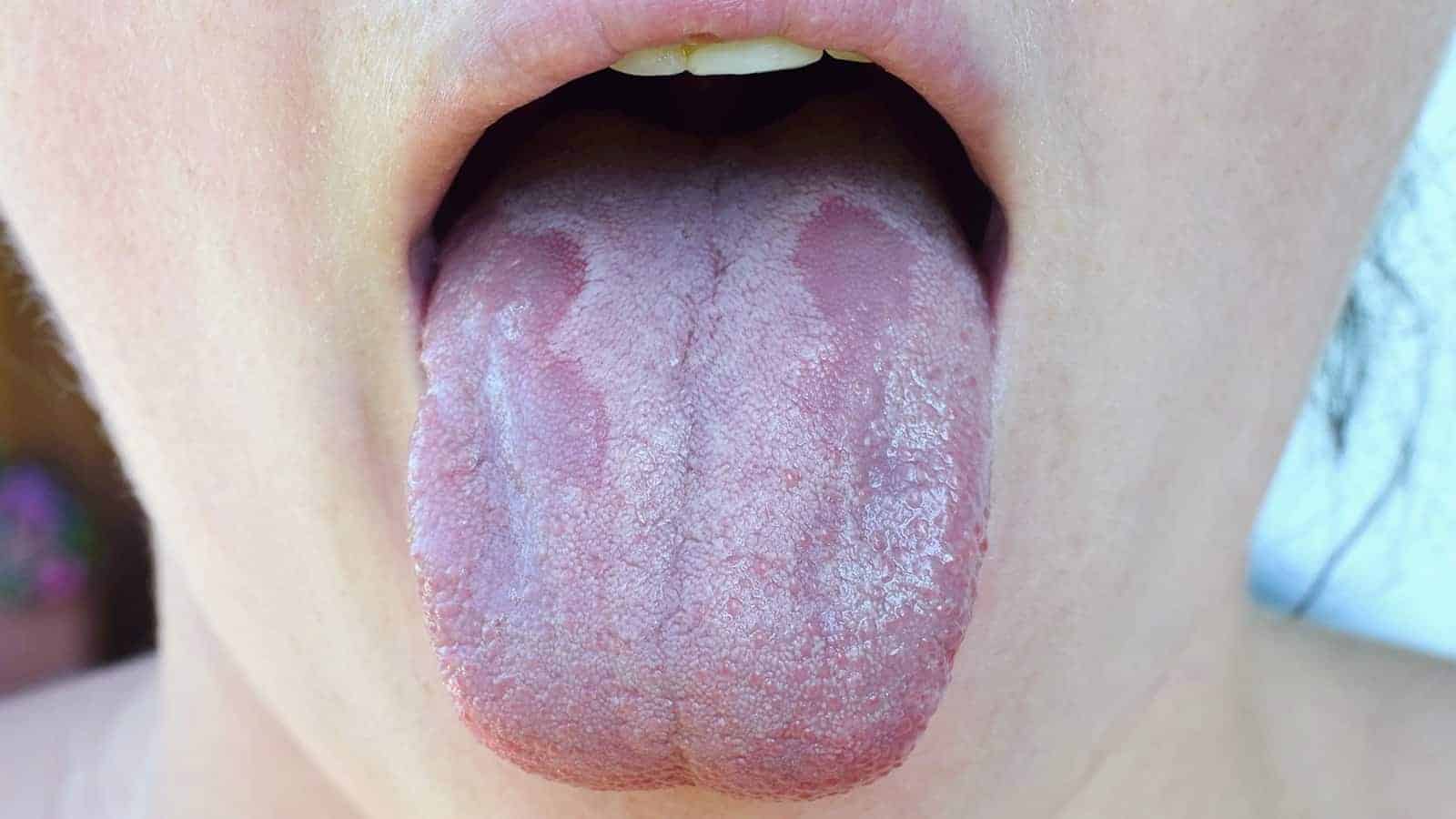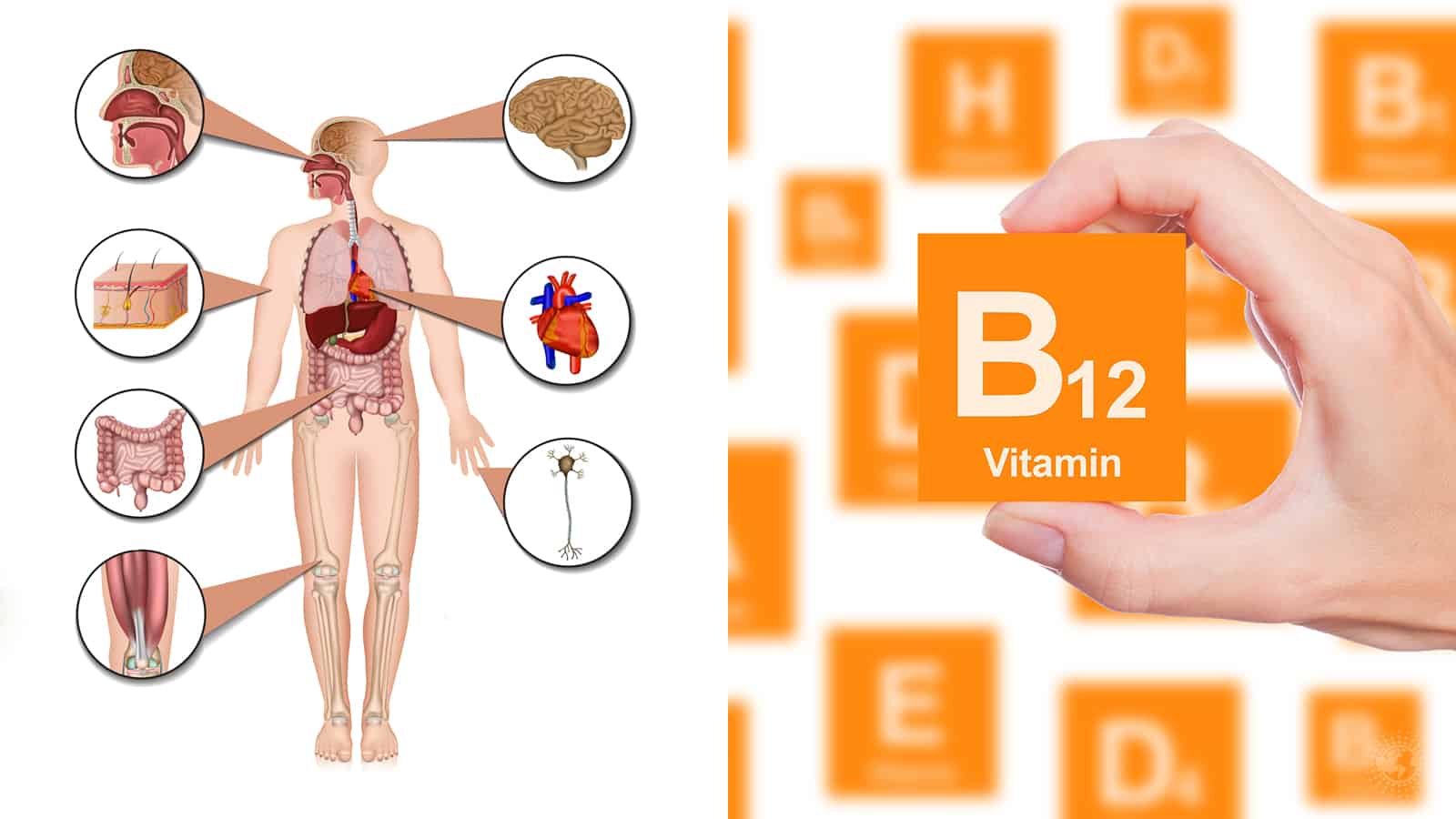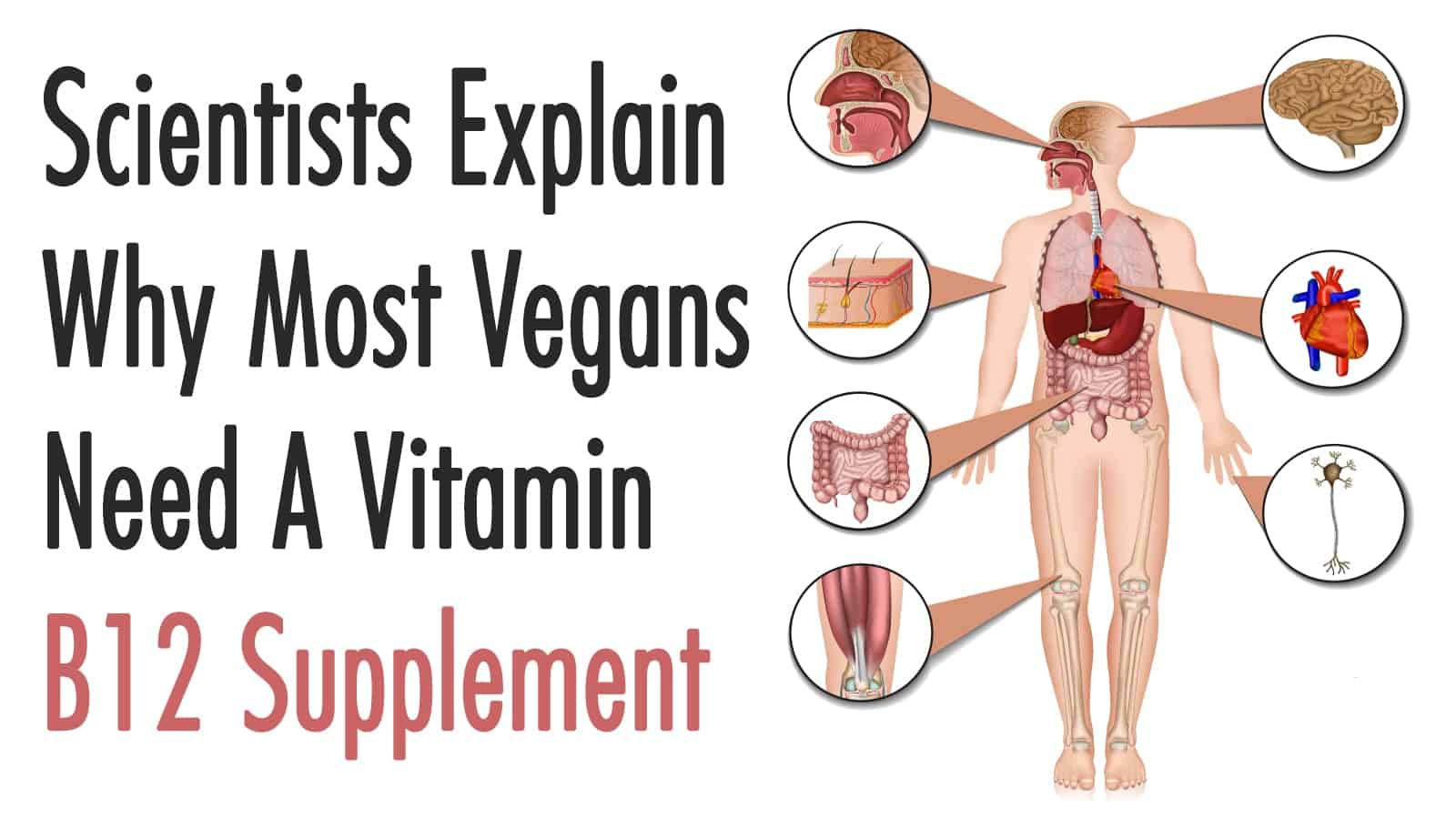The body receives most of its vitamins from the food we eat. As our diets change, so do the nutrients that the body absorbs.
When it comes to vitamin B12, the body begins to lose its ability to absorb this important nutrient, making it easier than ever to become deficient.
Identifying a Vitamin B12 Deficiency
In order to keep our bodies at their healthiest, we need a diet filled with foods high in B12 or take vitamin B12 supplements.
B12 allows the body to create red blood cells, helping us to function normally. If you aren’t receiving an adequate amount of B12, the following are a few tell-tale signs you should look for:
1. You Find it Difficult to Stay Awake
Struggling to stay awake? This could be a symptom of many things, so it isn’t wise to automatically assume that you are B12 deficient.
When trying to determine the cause of your drowsiness, start by figuring out if you are getting an adequate amount of sleep each night. Receiving eight hours of sleep or more and still feeling tired? Then it’s time to consider that you may be lacking B12.
In a healthy body, vitamin B12 is responsible for the creation of red blood cells. These red blood cells help the body function properly. The fatigue that is associated with a B12 deficiency is due to the fact that the body isn’t producing the right amount of red blood cells.
Dizziness
This drowsiness caused by a B12 deficiency is often accompanied by dizziness. This sensation is usually felt if a person stands up too quickly from sitting down. Additionally, the dizzy feeling can occur when walking up or down the stairs.
2. Your Muscles Feel Exceptionally Weak
If you are lacking in B12, you will feel weak in addition to feeling tired. This is due to the fact that healthy and strong muscles need a substantial amount of red blood cells. Without B12, your red blood cells won’t be able to send oxygen to your other cells, increasing the weakness in your muscles.
Feeling Pins and Needles
In addition to causing muscle fatigue, a B12 deficiency often causes a person to feel pins and needles. These sensations are often followed by numbness or electric shocks caused by nerve damage. These nerve issues are caused by lower oxygen levels.
3. You’ve Started to Experience Memory Loss
B12 is also responsible for the red blood cells needed to send oxygen to the brain. A lack of oxygen to the brain will result in a foggy memory, as well as other symptoms of improper brain function.
People who suffer from B12 related issues often assume they have Alzheimer’s. In reality, these people aren’t getting the necessary amount of B12.
Improving Your Memory
After visiting a doctor, a blood test will be able to help diagnose a B12 deficiency. If this is the case, the doctor will usually prescribe a vitamin B12 supplement to help you improve your memory.
4. Your Skin Seems Pale
Is your complexion yellow? This symptom of a B12 deficiency is caused by broken blood cells. These cells then release bilirubin.
As the skin also yellows in individuals dealing with jaundice, it’s best to see a doctor to confirm the cause of the problem.
5. Your Tongue is Smooth and Red
Bumps on the tongue are completely normal and are indicators that you are healthy. These bumps are known as papillae. Without B12, you’ll find that the bumps on your tongue are no longer there.
6. You’ve Started Losing the Ability to Taste
Moreover, without B12, you may lose some of the taste buds on your tongue. You also may find that there’s pain towards the back of your tongue. You’ll notice that food loses its taste the more your body is lacking in B12.
7. You’ll Begin to Experience Eye Issues
Being deficient in B12 can cause damage to the optic nerve in your eyes. This damage can lead to blurry vision, double vision, and even vision loss.
In order to pinpoint if these eye issues are related to a B12 deficiency, you’ll need to visit a professional. By self-diagnosing, you won’t be able to improve your vision if the problem isn’t B12.
Other Common Symptoms
Trying to determine if you have a B12 deficiency? While it is necessary to visit a medical professional to accurately diagnose your condition, you can work to narrow down your symptoms if you think you are lacking in vitamin B12.
Keep an eye out for these additional symptoms:
- Shortness of breath when performing simple activities
- Frequent headaches that won’t go away
- Unexplained or sudden weight loss
- Experiencing an upset stomach
- Constant and extreme mood swings
- An excessively dry mouth
- Ringing in your ears
- Difficulty falling asleep
- Lower levels of melatonin
- White nails as a result of anemia
The Benefits of B12
Knowing all the symptoms and consequences of a B12 deficiency are just as important as knowing all of the benefits of having an ample amount of B12.
1. Prevent Birth Defects
Expectant mothers should be at their healthiest during their pregnancy. This includes having a sufficient amount of B12, either from taking supplements or eating a protein-heavy diet.
Women who are hoping for a healthy pregnancy should up their intake of B12. As the baby develops in the mother’s body, the B12 will work to ensure that the baby’s nervous system and brain develop properly.
Women who have a deficiency of B12 earlier on in their pregnancy are at risk of increasing the potential for birth defects, which can include neural tube defects. Additionally, mothers deficient in B12 are more likely to miscarry or give birth prematurely.
2. Improve Bone Health While Preventing Osteoporosis
While osteoporosis is often associated with old age, B12 plays a role in our bone density as well.
Maintaining healthy levels of B12 will help to improve your bone health. With the adequate absorption of B12, your body will be able to regulate its bone mineral density.
A healthy bone mineral density will help reduce the risk of developing osteoporosis.
3. Ease Symptoms of Depression
B12 plays a role in the creation of seratonin. Individuals with a B12 deficiency may find that they are experiencing symptoms of depression.
With an increase of B12, individuals can improve their moods while working to reduce their depression.
Improving Your Intake of Vitamin B12
A change in your diet can lead to your body having trouble maintaining B12. Oftentimes, people who drastically change their eating habits notice that they are deficient in this important nutrient.
Anyone experiencing a B12 deficiency will need to alter their diet to include more B12. By changing their eating habits, they will be able to ensure they are getting the right amount of B12.
Eat More Meat for More B12
The best way to improve one’s diet to include more vitamin B12 is to eat more chicken, lamb, and fish. These foods are high in B12 and are an easy way to help your body absorb this nutrient.
Try a Vitamin B12 Supplement
Individuals who are vegan or vegetarians may find themselves lacking in B12. If this is the case, they can use a vitamin B12 supplement to help ensure they are getting the right amount of B12.
The most popular choices for a vitamin B12 supplement are Cyanocobalamin and Methylcobalamin. These are the preferred options for a vitamin B12 supplement for non-meat eaters.
Take More Probiotics
Quality probiotics help individuals absorb B12 more efficiently. The best foods to help with your intake of B12 include dark chocolate, kefir, kombucha, and more.
Cut Back on Inflammatory Foods
The overall amount of B12 in your body is highly dependent on your gut’s health. Focusing on avoiding inflammatory foods will help to ensure that your body is well taken care of, in addition to getting enough B12.
Receive a B12 Injection from the Doctor
An efficient way to receive a boost of B12 is via injection. If a doctor finds that you are deficient, he or she may recommend that you receive a shot.
Final Thoughts on Vitamin B12 Deficiencies
At first, it can be hard to detect a B12 deficiency. However, once this deficiency has been identified, getting back on track takes a concentrated effort. In addition to changing your diet, it’s important to monitor your intake of this essential nutrient.
As you work to live a healthier life, keep an eye out for any of the aforementioned symptoms. By understanding the importance of B12 and the consequences of a B12 deficiency, you will be better prepared to take care of yourself and prevent any of these symptoms from occurring.
https://www.youtube.com/watch?v=yG-G9_LOkLA





















